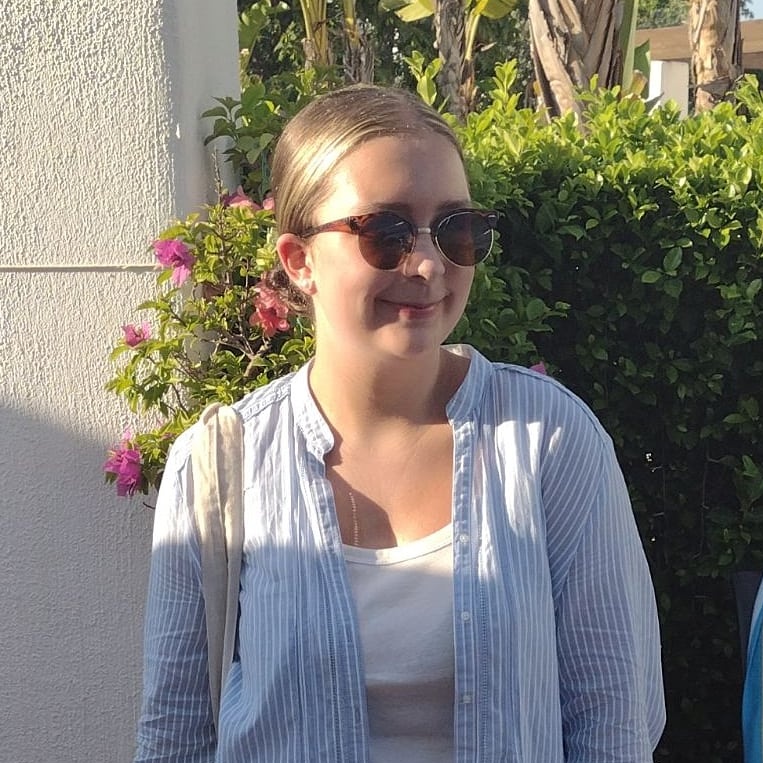
If you have read any article surrounding tips for creative writing, you will have stumbled upon the advice to "write what you know." The saying has been subjected to debate in literary circles, with many writers claiming that this destroys imagination. How can you write a fantasy book despite never meeting fire-breathing dragons or goblins? However, I believe that this one bit of guidance truly shaped my best writing. Once you pick apart the meaning of this phrase, you may find inspiration in the tiniest details of your own life.
What does writing what you know mean? The answer depends on your interpretation. If you're a non-fiction or memoir writer, this advice may seem obvious. For fiction writers, things become tricky. You could write about a shopkeeper you know, who sells you a pick-a-mix. Perhaps you'll set your novel in a school setting and scribble ideas during lessons. Or you could base a main character on yourself, seeing as nobody knows you better!
In my experience, I found myself juggling these ideas. As a storyteller of fictional worlds, I couldn't – and simply didn't want to – write about my literal life. Yet I faced this phrase a million times. Suddenly, I started with a ton of internal reflection to figure out what I know. No result. Human beings can know about a range of things: quantum mechanics, archaeology or football. How could I pick one bit of knowledge and create a tale?
Instead, I want to suggest a different interpretation of this advice. Write what only you know. Find that spark of individuality in your own daily life, and you will discover that your unique voice will appear on the page. Everyone has a story tucked within their hearts, whether their ounce of uniqueness is part of their culture, their history or their hobbies.
You don't have to employ this advice, but I've found that searching for my little passion has changed my writing. My motivation has increased, and working on my current novel has become very enjoyable. All because I'm not stressed about my stories sounding repetitive or being done before by someone. Maybe somebody has written a similar story, yet I've found confidence in the fact that this one is quite quirky.
My recent short stories are set in Ireland, and surround Irish culture with a focus on our language. Personally, that was my spark of individuality! After spending a big part of my life studying Gaeilge as well as the dialect, this brought my stories to life. Each word felt more passionate as I was writing from my heart, and taking inspiration from my daily experiences.
Any historical fiction writer knows that research is required to write accurate stories. When I started writing, I wrote stories based on history yet found several challenges. Finding a balance between fact and fiction can be tough, but when you're writing what you know, you don't (usually) have to do research. You can kick your feet up and trust your brain, with only the occasional bit of fact checking. Shout-out to the historical fiction and nonfiction writers. To use a bit of Irish dialect, fair play to you!
Many authors tend to write about what they know without realizing. Occasionally, experiences that you've had or people that you've met can pop-up in fictional writing. Is this intentional? Maybe. While I have deliberately written about themes that strike me emotionally, I've accidentally added the names of existing people to my writing too. Sometimes the swirling black hole of your subconscious can release people's personalities or names, and you may discover your best mate inside your protagonist. However, many of the greatest novels have been written using influences from the author's life. For example, the literary legends known as the Brontë sisters are said to have taken inspiration from their own settings to write revolutionary stories. If you're hoping to write a classic, consider taking a bit of your own world and scribble away.
Similarly, writing fiction based upon real life allows a decreased amount of mistakes. Every writer makes them! If you're describing a place that you've visited versus one that you searched-up, you're less likely to inaccurately describe the setting. Fantasy authors are an exception, since these wonderful writers have crafted their very own world. Nobody will know that location better than them. My mind is constantly blown by the creativity of my fantasy-loving writer friends.
Though, those building fictional worlds can consider writing what they know. Your character's emotional journey could follow a similar path to your own, or they could endure specific feelings that may resonate with others. You might base a protagonist – or be extremely brave and base an antagonist – on someone from your daily life, but give them fairy wings or elf ears. Why not?
Overall, this bit of advice can be a powerful tool. Whether you're searching for your individual touch, tired of endless pages of research or adding a scoop of your life to your fantasy world, try using your experiences. Find the story that only you can write. Your authentic voice could be revolutionary.
Support Young Creators Like This One!
VoiceBox is a platform built to help young creators thrive. We believe that sharing thoughtful, high-quality content deserves pay even if your audience isn’t 100,000 strong.
But here's the thing: while you enjoy free content, our young contributors from all over the world are fairly compensated for their work. To keep this up, we need your help.
Will you join our community of supporters?
Your donation, no matter the size, makes a real difference. It allows us to:
- Compensate young creators for their work
- Maintain a safe, ad-free environment
- Continue providing high-quality, free content, including research reports and insights into youth issues
- Highlight youth voices and unique perspectives from cultures around the world
Your generosity fuels our mission! By supporting VoiceBox, you are directly supporting young people and showing that you value what they have to say.





